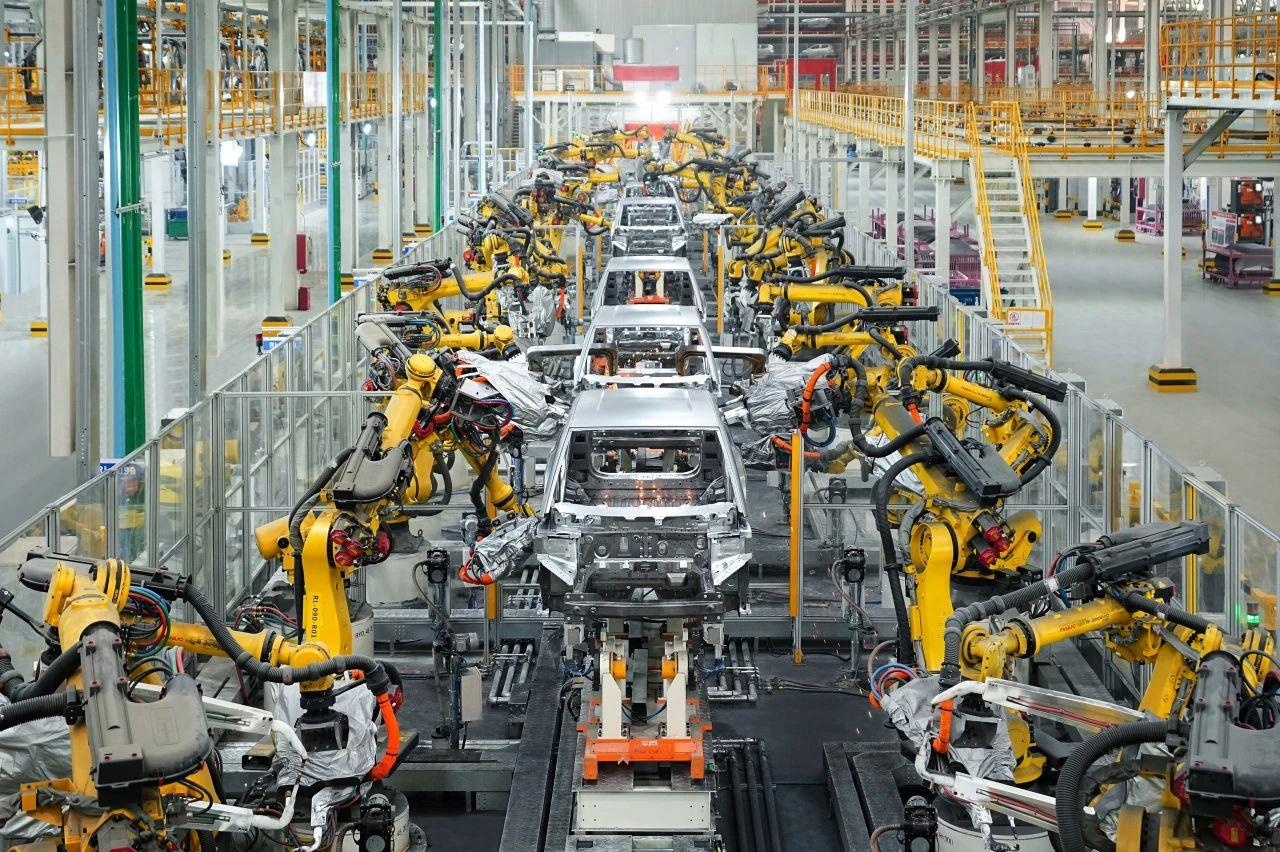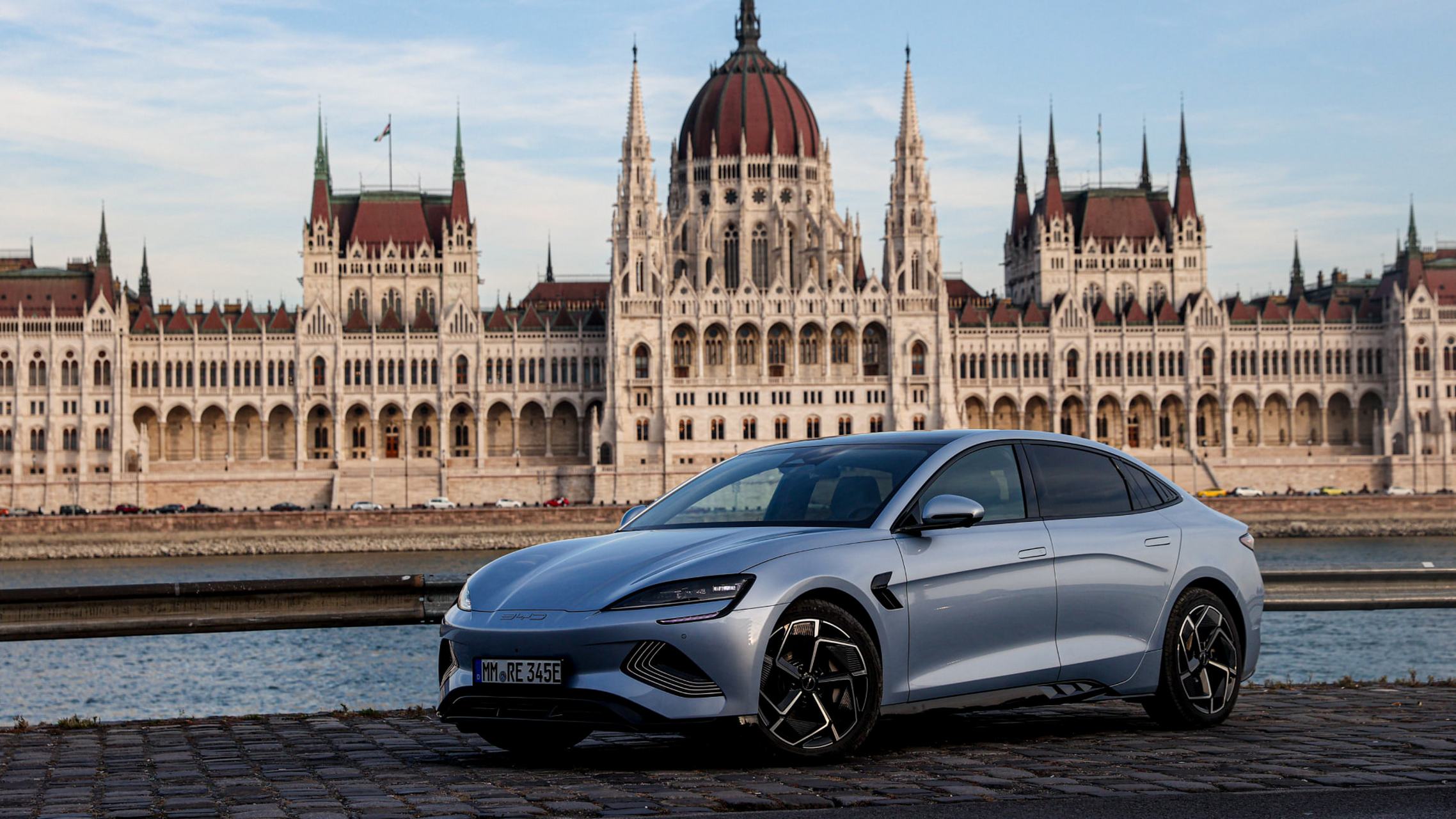Focusing on European market, four Chinese auto companies are targeting Türkiye

At the end of 2023, BYD announced the construction of a new energy vehicle production base in Seged, Hungary. This is the first passenger car production base built by Chinese car companies in Europe.
In April this year, Chery Automobile and Ebro EV from Spain will establish a joint venture to produce Chery Omoda electric vehicles and Ebro brand cars in Barcelona. The project is expected to start in the third quarter of 2024.
Following the above two investments, Chinese car companies have made new progress in investing in and building factories in Europe.
Recently, Türkiye is conducting in-depth negotiations with Chinese automakers BYD and Chery on factory investment in the country, which may help these companies improve their sales in Europe. "We hope to complete the negotiations as soon as possible," Fatih Kacir, Minister of Industry and Technology, said in an interview in Ankara. "We have made significant progress with both of them."
He said that "separate negotiations with SAIC Group and Great Wall Motors behind the MG are also ongoing." However, BYD, Chery, SAIC, and Great Wall did not respond to requests for comment.
This may make it easier for Chinese automakers to enter the EU, because Türkiye has signed a customs union agreement with the EU.
Türkiye is also a major market for electric vehicles. In 2023, its electric vehicles will account for 7.5% of all vehicle sales.
The country's energy market regulator predicts that the number of electric vehicles in Türkiye will increase by about 180000 by 2025. Research institute BMI predicts that by 2032, the share of electric vehicles in Türkiye's domestic car sales will reach 30.4%.

BYD Europe Managing Director Shu Youxing stated last week that in addition to the factory already built in Hungary, he also believes there is room to build a second factory in Europe by 2025.
European investment may help BYD avoid any new import tariffs arising from the EU's investigation into state subsidies for Chinese electric vehicle manufacturers. Türkiye also imposes additional taxes on most electric vehicles produced abroad.
Türkiye is trying to isolate Togg, the country's first domestic electric vehicle manufacturer, from the competition until the new brand has established itself in the domestic market. As of the fourth quarter of last year, Togg was the fourth largest electric vehicle manufacturer in Europe.
The final investment decision of any of the several Chinese companies will benefit the Türkiye government. The Türkiye government has been trying to use its geographical location connecting Asia and Europe to attract foreign investment into its manufacturing industry for many years, but so far it has achieved little.
A noteworthy loss is that in 2019, after the country's military operations in northern Syria sparked strong protests from the international community, Volkswagen Group decided to abandon its planned factory investment.
Kasir said that Türkiye has become an ideal base for exports to the EU because of its customs union with the EU and its advanced automobile industry. According to the data of the Automobile Manufacturers Association, automobiles will be one of Türkiye's largest export products in 2023. The sales of automobiles and parts in 2023 will be 35.7 billion dollars, higher than 21.6 billion dollars ten years ago.
"Any decision to open an automobile factory in Türkiye will bring an excellent opportunity for Chinese enterprises to invest in batteries." Kasir added, "The negotiations may or may not lead to a final investment decision."
Togg and China's Funeng Technology also jointly built a battery factory in the northwestern city of Bursa, Türkiye.


 Türkiye
Türkiye
 中文
中文

